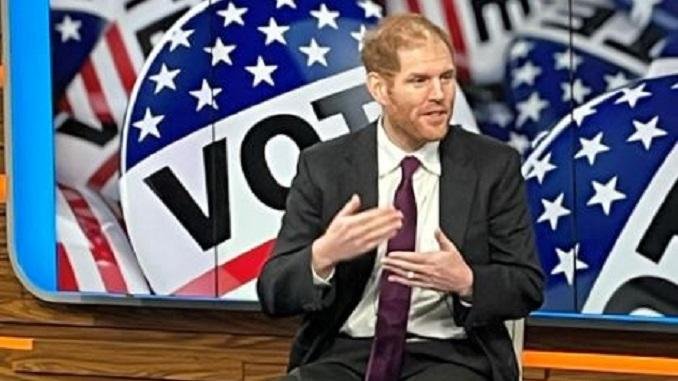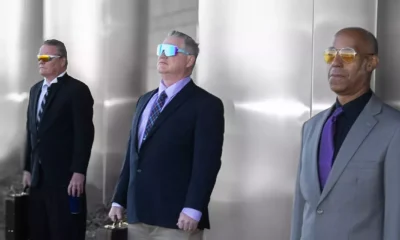Entertainment
Kari Lake’s Executive Director Secures $25K Victory Against Maricopa County Recorder

By Matthew Holloway |
Merissa Hamilton, Executive Director of the Save Arizona Fund and Co-founder of Strong Communities Action, has secured a legal win against Maricopa County Recorder Stephen Richer in his defamation lawsuit involving Kari Lake. The case continues, with Richer claiming he has faced severe backlash due to alleged misinformation propagated by Lake, which he articulated in an op-ed for the Arizona Republic.
Richer’s complaint reflects his assertion that Lake’s actions undermined public trust in election processes. He has stated, “Rather than accept political defeat…she has sought to undermine confidence in our elections.”
As the legal events unfolded, Richer’s attorneys issued a subpoena for Hamilton to produce documentation related to the case. Despite not being a party to the lawsuit, Hamilton cooperated but requested payment for substantial document production. Court records reveal she prepared over 100,000 documents, filing costs totaling $32,345.50 according to A.R.S. § 12-351, which allows for compensation of reasonable costs to non-party witnesses.
Rachel Alexander from the Arizona Sun Times reported a judge’s ruling that mandated Richer to pay Hamilton $25,345.50. Notably, Hamilton represented herself in this matter without legal counsel. The ruling pertains to Hamilton’s involvement in Richer’s defamation suit against Lake.
In response to the ruling, Hamilton clarified that the judge overseeing the case had changed during the summer, now being the Honorable Randall Warner, known for his adherence to constitutional principles. Warner ruled that Richer must pay Hamilton, regardless of whether he chooses to accept the documents, while also denying $7,000 in clerical costs due to lack of necessary itemization and the excessive time claimed for document production.
The contention over the format of document production arose as Richer’s legal team argued that Hamilton’s costs were inflated because of her choice to provide paper documents instead of digital files. Hamilton countered this by noting that the subpoena instructions she received did not specify a digital format, which contributed to her decision to comply with paper documents.
While Judge Warner acknowledged Hamilton’s misinterpretation of the production requirements, he empathized with her situation, recognizing the potential confusion faced by someone not versed in legal jargon. The case underscores a fundamental truth in litigation: understanding the procedural nuances can greatly influence outcomes.
For further developments, readers can follow Matthew Holloway’s reporting on this evolving story.


















